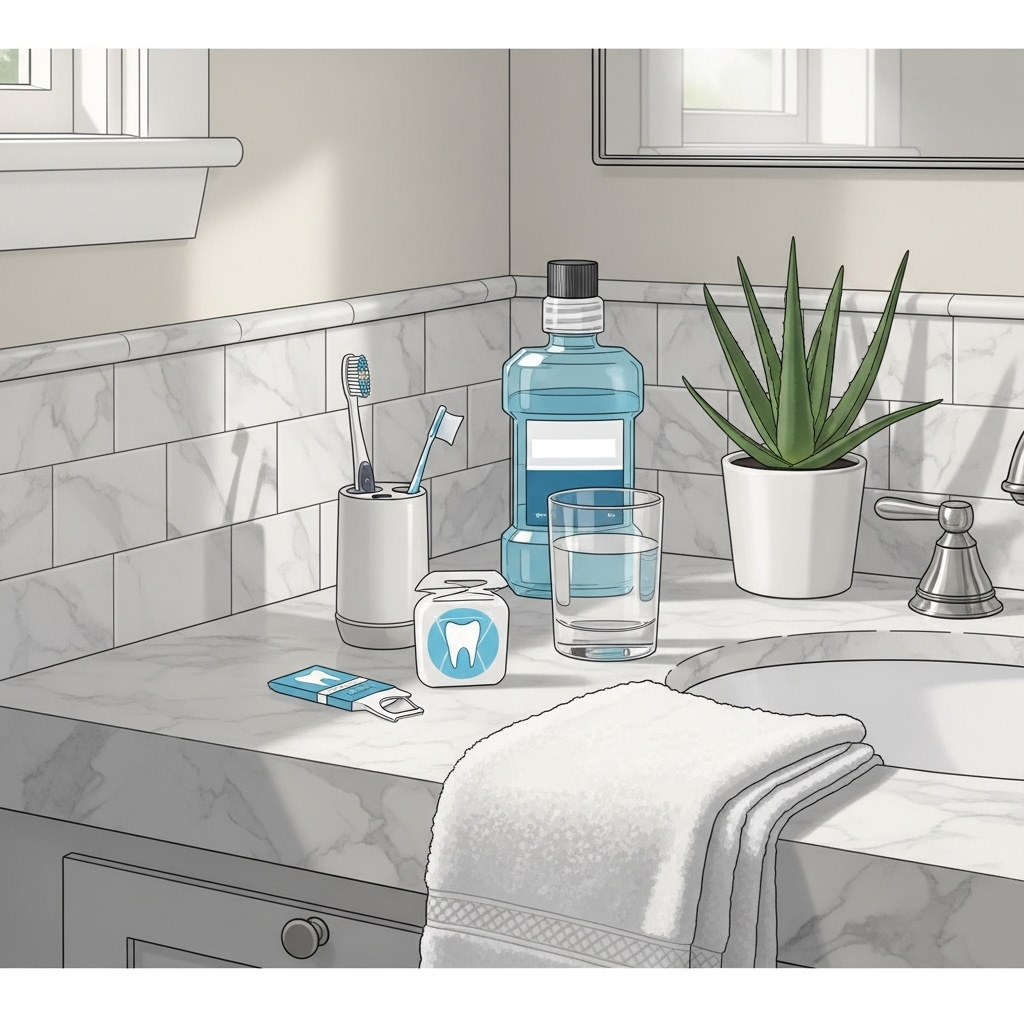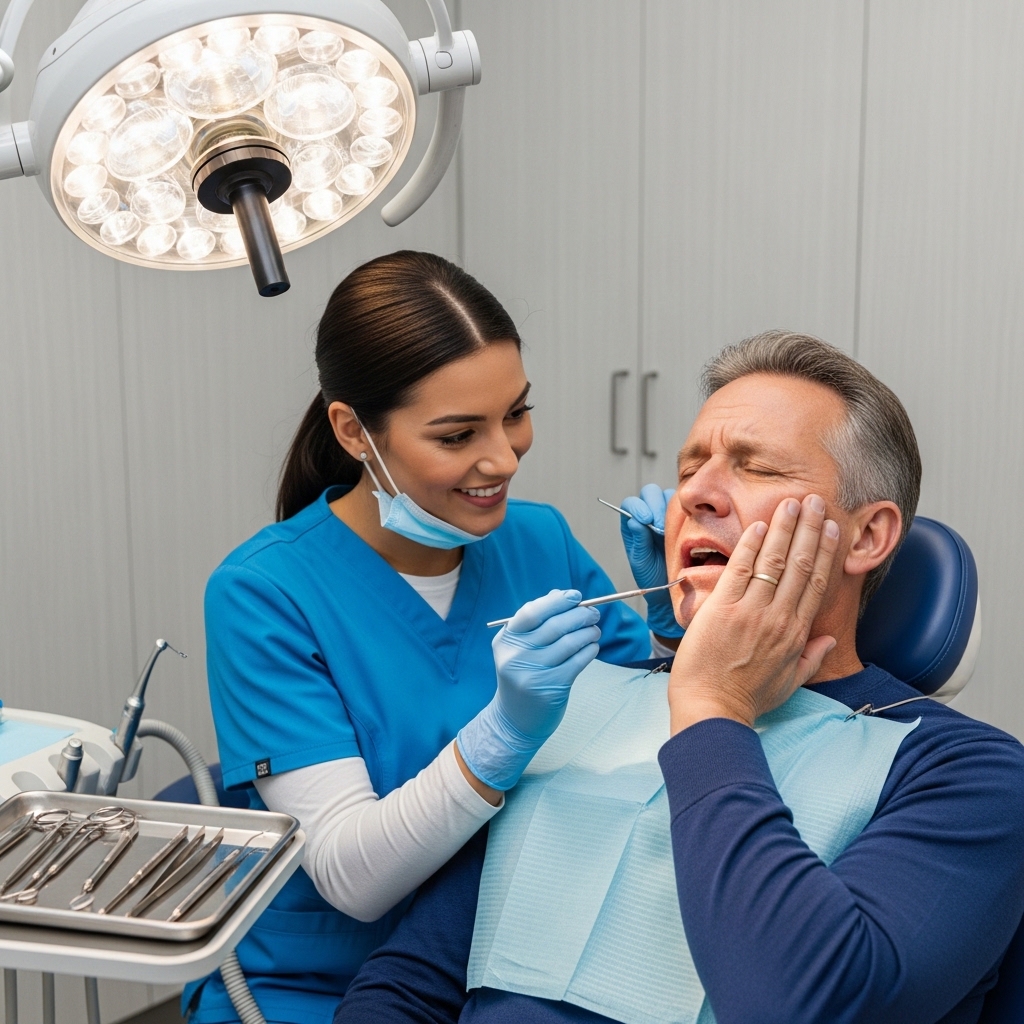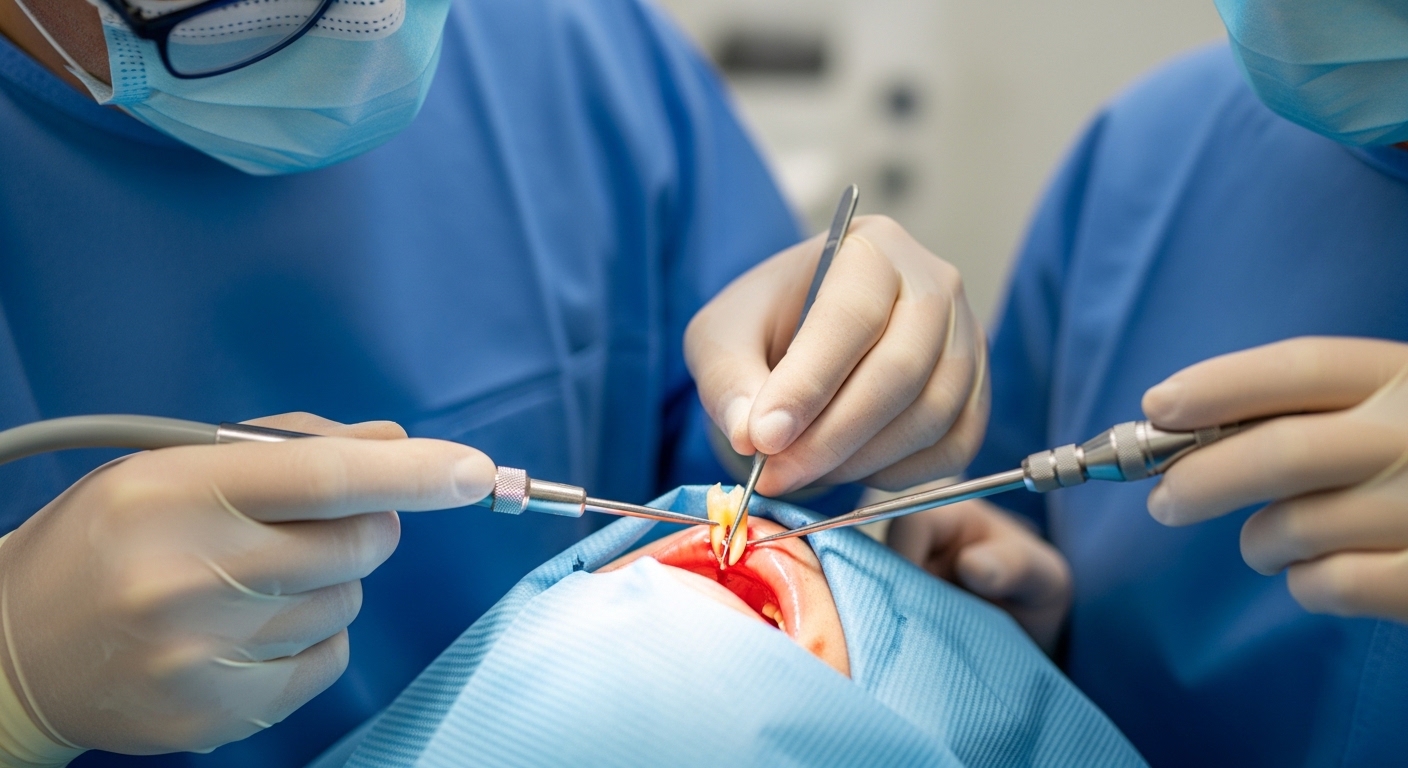Everyday habits make or break a smile. The techniques you use, the products you choose, and even the timing of snacks all add up to either protect enamel or challenge it. As a local clinician, I’ve learned that the best advice respects real life—commutes along the 101, youth sports on weekends, and dinners that sometimes happen late. If you want a practical starting point, turn to a trusted dentist in Woodland Hills for guidance rooted in prevention and designed around your routine. The following insights come from what works consistently for families right here in our neighborhood.
Brush with intention, not force
Two minutes, twice a day, with a soft brush and a gentle touch is a small commitment that pays off. Angle bristles toward the gumline and use slow strokes so the tips do the cleaning rather than scrubbing with the side of the brush. An electric brush can help standardize pressure and time, which many people find reassuring. Rushing, pressing too hard, or skipping hard-to-reach corners leaves plaque behind and can irritate gums.
Flossing that actually fits your day
Floss once a day, ideally at night so the mouth rests clean. If traditional floss feels awkward, try interdental brushes matched to your spaces or a water flosser for bridges and orthodontics. The goal is simple: disturb the bacteria between teeth so gums stay calm. When you find a method that feels natural, consistency becomes much easier.
Fluoride and remineralization
Fluoride toothpaste helps enamel resist acid attacks from meals and drinks. If you have a history of sensitivity or early lesions, your dentist may suggest a prescription-strength toothpaste or an additional remineralizing product. These additions are not about doing more; they are about doing what works for your specific risk profile.
Mouthwash with a purpose
Rinses can freshen breath and support gum health, especially alcohol-free formulas that are gentler on tissues. Use them as a complement to brushing and flossing rather than a substitute. If your gums need extra support, your dentist may recommend a targeted antimicrobial rinse for a short period, followed by maintenance with a daily option.
Snack timing and hydration
Frequent grazing keeps acids in contact with teeth. Group snacks with meals when possible and choose options that do not cling to grooves. Sipping water after coffee, citrus, or sports drinks helps neutralize acids and rinse sugars, supporting saliva’s natural repair work. Hydration is protective; keep a bottle handy on errands and during workouts.
Respect acids, protect enamel
After acidic foods or drinks, wait 30 minutes before brushing so enamel is not scrubbed while it is temporarily softened. During that window, rinse with water or chew sugar-free gum to stimulate saliva. Small timing choices like these prevent unnecessary wear and reduce sensitivity over time.
Protective gear for active lives
Mouthguards prevent chipped edges and dental injuries during sports. Night guards protect against clenching and grinding that often show up during stressful seasons. These simple devices preserve enamel and ease muscle strain, making mornings more comfortable.
Whitening without worry
Brightening is safest and most comfortable when guided by your dentist. The right plan accounts for existing restorations, sensitivity, and your schedule, producing a natural result that is easy to maintain. Over-the-counter products can help, but supervision improves consistency and protects tissues.
Kids, teens, and building habits that last
For young children, keep routines short, cheerful, and hands-on. Demonstrate, then let them try, then finish for them until they have the dexterity to do it well. Teens with orthodontics need extra time around brackets and wires and often benefit from water flossers and small interdental brushes. Celebrate effort and improvements; positivity helps habits stick.
Adult routines that simplify success
Adults often succeed by pairing habits with anchors—brushing right after the first morning task and flossing before setting a phone to charge at night. Keep extras of your essentials in places where you spend time: a travel kit in the car, floss by the couch for evening reminders, and a brush and paste at work for after-lunch refreshers when meetings allow.
Dry mouth and comfort
Medications and dehydrating beverages can reduce saliva, making enamel more vulnerable and breath less fresh. Prioritize water, choose sugar-free mints or gum with xylitol, and consider saliva-supporting products if dryness persists. Your dentist can help identify triggers and recommend options that soothe tissues and protect teeth.
Travel without losing momentum
Trips can disrupt routines. A compact kit with a soft brush, travel-size paste, floss, and a collapsible water bottle keeps your plan intact. Try to brush on flights or long drives when feasible, or at least rinse and chew sugar-free gum until you can. Small wins sustain momentum until you are home again.
Maintenance works best as a partnership. When you check in regularly, your dentist sees patterns and suggests easy adjustments that fit your life. That is why connecting with a dentist in Woodland Hills who values prevention can make such a difference: the plan reflects your habits, your schedule, and your goals, making progress feel natural rather than forced.
When to ask for extra help
If gums continue to bleed, sensitivity lingers, or jaw tension is creeping in, it is time for a closer look. Early refinement—like adjusting brushing technique, adding a desensitizing toothpaste, or fitting a night guard—prevents bigger problems. Think of maintenance as an ongoing conversation that keeps your smile stable and your routine smooth.
Frequently asked questions
What kind of toothbrush is best? A soft-bristled brush—manual or electric—protects gums while effectively removing plaque when used with proper technique. Many people appreciate the built-in timers and pressure sensors of electric brushes, which help standardize care.
Is water flossing enough? Water flossers are excellent for flushing debris, especially around orthodontics and bridges. For many, combining water flossing with string floss or interdental brushes delivers the most reliable gum health. Your dentist can tailor a plan to your spacing and sensitivity.
How do I stop gums from bleeding? Consistency matters most. Brush gently along the gumline, clean between teeth daily, and schedule a professional cleaning to remove hardened deposits. Most people see bleeding reduce within days to weeks when inflammation is addressed at both the office and at home.
Can diet really affect cavities? Absolutely. Frequency matters as much as quantity. Grouping snacks with meals, choosing options that rinse cleanly, and staying hydrated help saliva neutralize acids and remineralize enamel, cutting risk significantly.
Is whitening safe for sensitive teeth? With the right plan it can be. Your dentist may suggest a slower schedule, desensitizing agents, or a specific concentration that protects tissues while achieving a natural brightness.
How often should I replace my toothbrush? Every three months, or sooner if bristles splay. Fresh bristles clean more effectively with less pressure, which protects gums and enamel over time.
Make your next step simple
If you are ready for a routine that actually fits your life and keeps your smile comfortable day after day, connect with a trusted dentist in Woodland Hills. A short conversation can turn good intentions into easy, sustainable habits that protect your teeth, your time, and your confidence.





